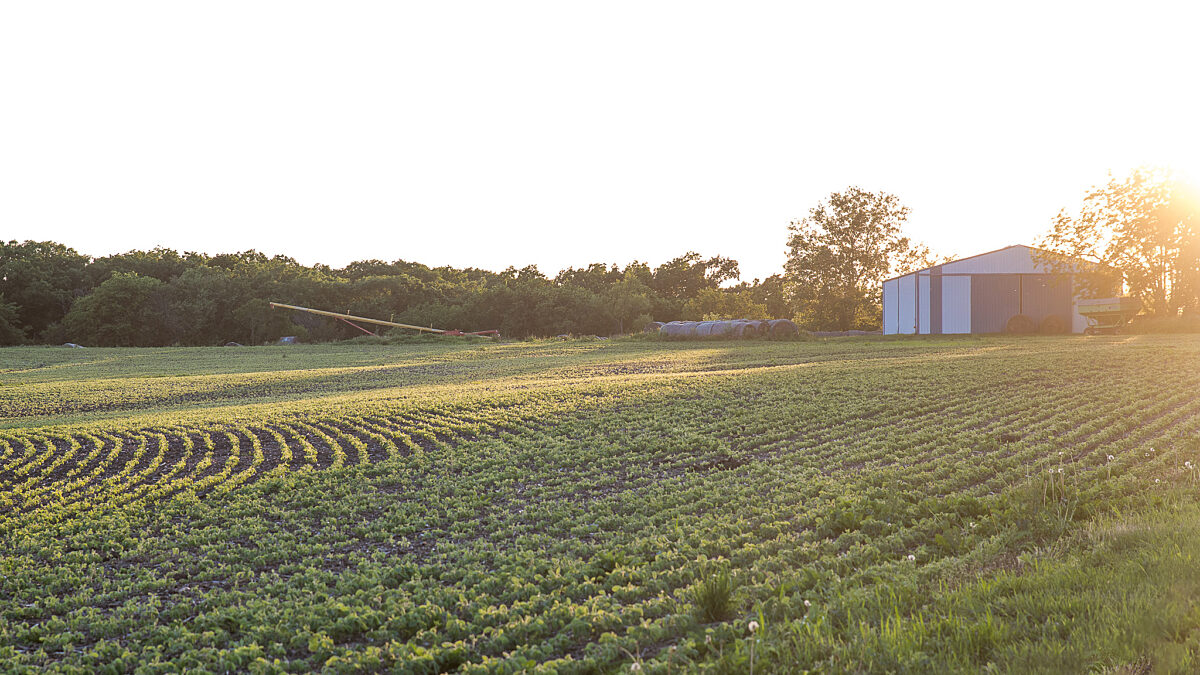Foreign Owned Ag Land Increases by 1.6 million Acres
Daniel Munch
Economist
Chad Smith
Associate News Service Editor, NAFB

photo credit: AFBF Photo, Sydney Garrett
Daniel Munch
Economist
Chad Smith
Associate News Service Editor, NAFB
Recent analysis of foreign ag land ownership showed rising numbers in the U.S. Chad Smith has more.
Smith: Foreign ownership of U.S. agricultural land remains a widely debated topic. Two additional years of data from 2022 and 2023 became available recently, and Danny Munch, an economist with the American Farm Bureau Federation, says only a small portion of that land is held by adversarial nations.
Munch: Foreign ownership of U.S. ag land increased by 1.6 million acres, reaching a total of 45.9 million acres, which represents 3.6 percent of total privately-held ag land in the United States. Interestingly, land ownership by Chinese, Russian, and Iranian-based investors decreased by 36,000 acres, or nine percent, to the smallest levels in a few years.
Smith: Munch says our neighbors to the north hold a majority of foreign-owned land.
Munch: Canada leads overwhelmingly with ownership of U.S. ag land in terms of foreign owners, holding 15.4 million acres or about a third of all foreign owned ag land in the country. Following Canada, you have investors from Netherlands, Italy, the United Kingdom, and Germany, which holds—have holdings ranging from 5.2 million acres down to 2.5 million acres. Collectively those nations hold 62 percent of all foreign owned ag land in the United States.
Smith: He says much of those investments are tied to timber and renewable energy. However, there are still concerns regarding foreign ownership of American ag land.
Munch: Generally, concerns about foreign ownership of U.S. farmland often center around national security and food security. Some worry that adversarial nations could use land acquisitions for purposes contrary to U.S. interests, like controlling critical resources. Others are concerned about converting farmland into non-ag uses like renewable energy projects.
Smith: More information is available at fb.org/marketintel. Chad Smith, Washington.